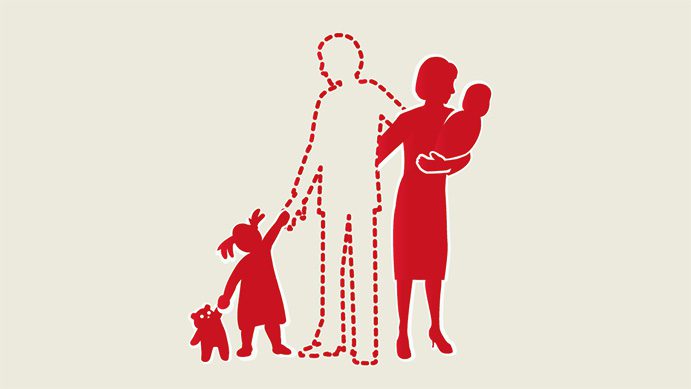Partners of fly-in fly-out workers have higher levels of emotional problems than other parents in the community, and are at a greater risk of using harsh discipline with their children, University of Queensland research has revealed.
School of Psychology’s Parenting and Family Support Centre researcher Dr Cassandra Dittman said a UQ survey showed FIFO partners were more depressed, stressed and anxious than parents from the general community.
“FIFO partners in our survey had higher levels of emotional problems than other parents and they told us they were more likely to use harsh discipline with their children,’’ Dr Dittman said.
“When FIFO at-home partners had more emotional problems, they were also more likely to have children with behaviour or emotional problems.
“The level of emotional difficulties the partner at home was experiencing also affected the relationship quality of the family as a whole. We already know that parents who are depressed and stressed find it far more difficult to parent well and to respond calmly to their children’s behaviour.
“The fact that at-home FIFO partners are more likely to be depressed, stressed and anxious is concerning, particularly because of the flow-on effects to their children.’’
The study found that FIFO workers reported greater work-to-family conflict and alcohol use than parents who worked near home.
Dr Dittman said the study showed that the level of satisfaction FIFO parents had in their relationship with their partner, and whether they viewed it as a strong partnership, could have a positive influence on how all family members related to one another.
“We found the strength of a couple’s relationship had more influence on how the family functioned than a more balanced roster did,’’ she said.
“I think the important thing for industry and government to realise from this study is that there needs to be a focus on supporting the worker and their family and that a shift to more balanced or family-friendly rosters is likely only to be a small part of the solution.
“The research responded to Federal and State Government parliamentary inquiries into the impacts of FIFO work practices, which called for more research on the impact on families and support needed for children.
“I think the study suggests more support for these families is sorely needed.’’
The research is published online in the Journal of Child and Family Studies.














Add Comment